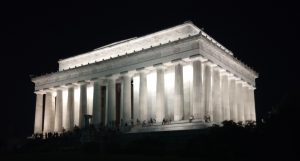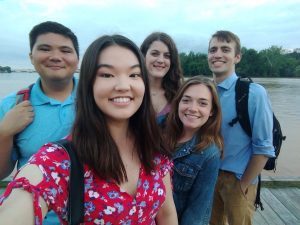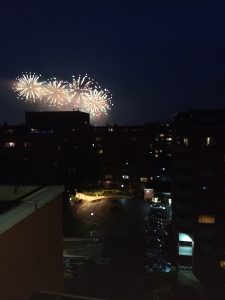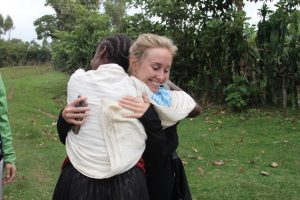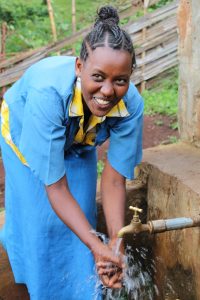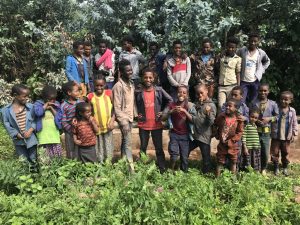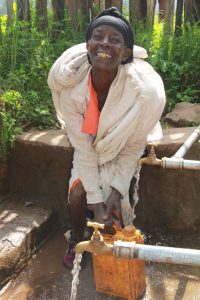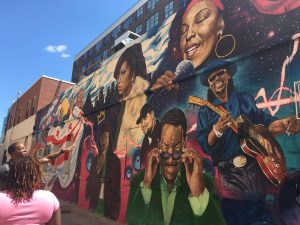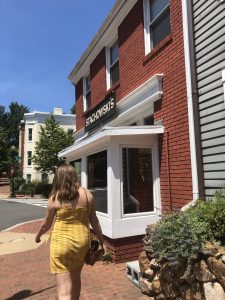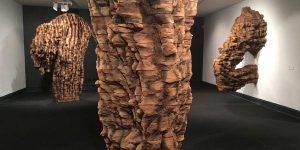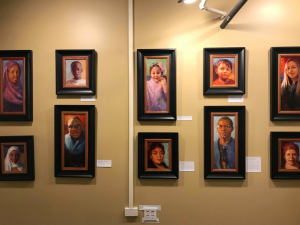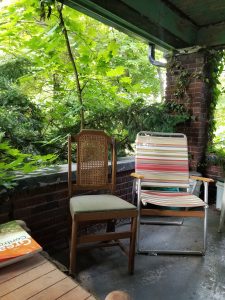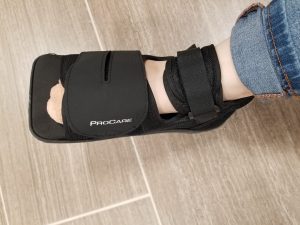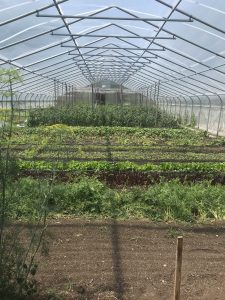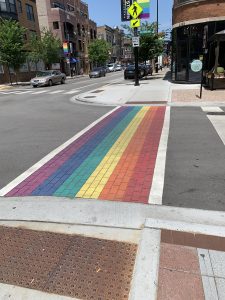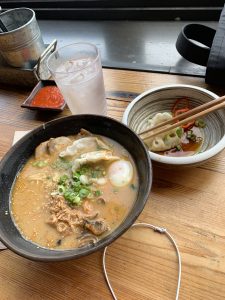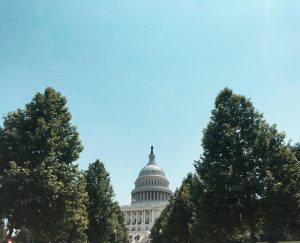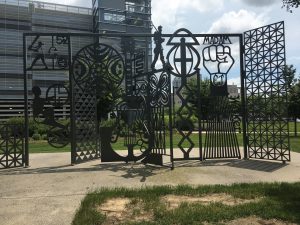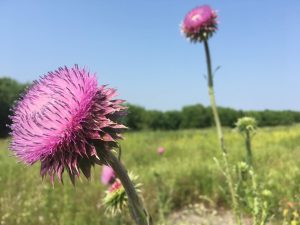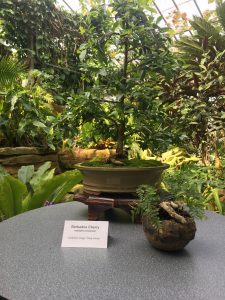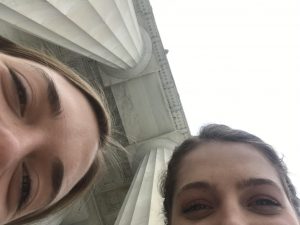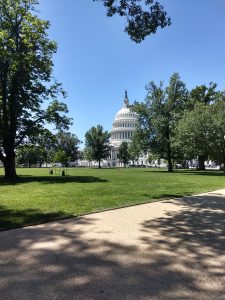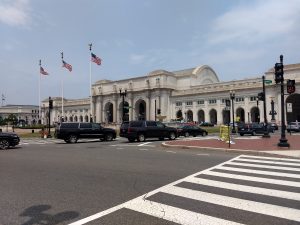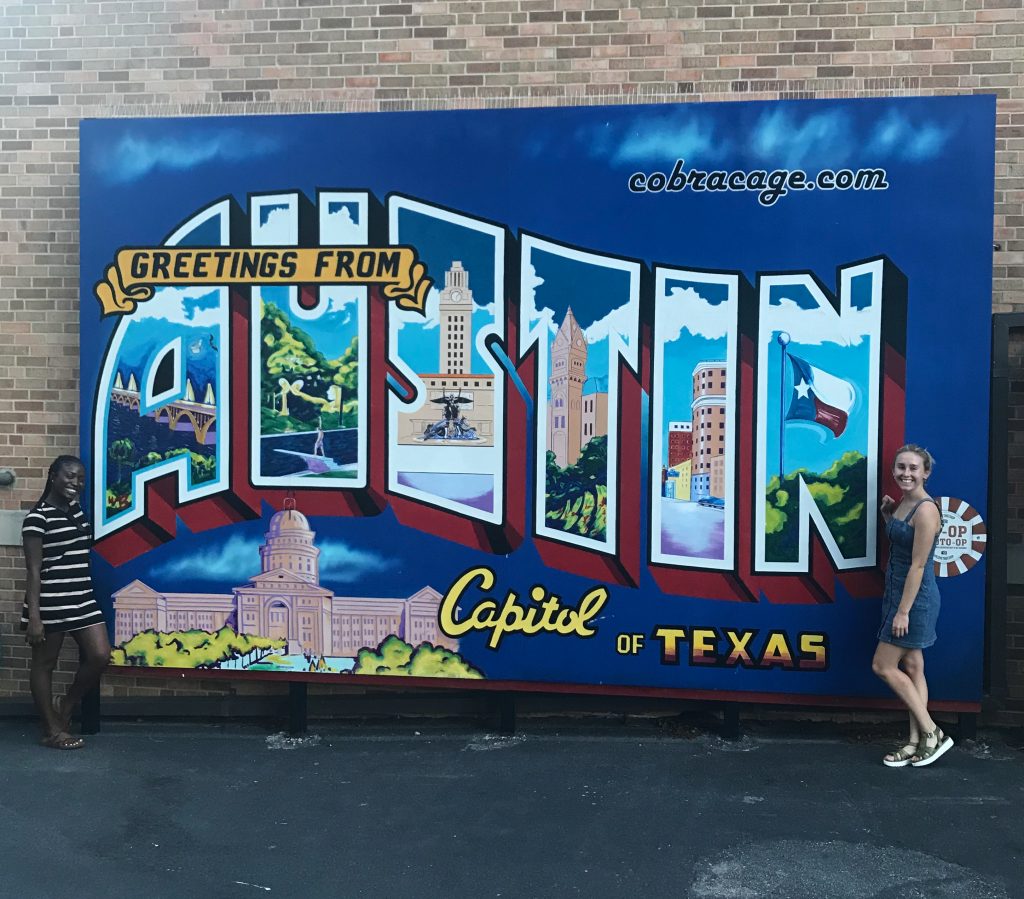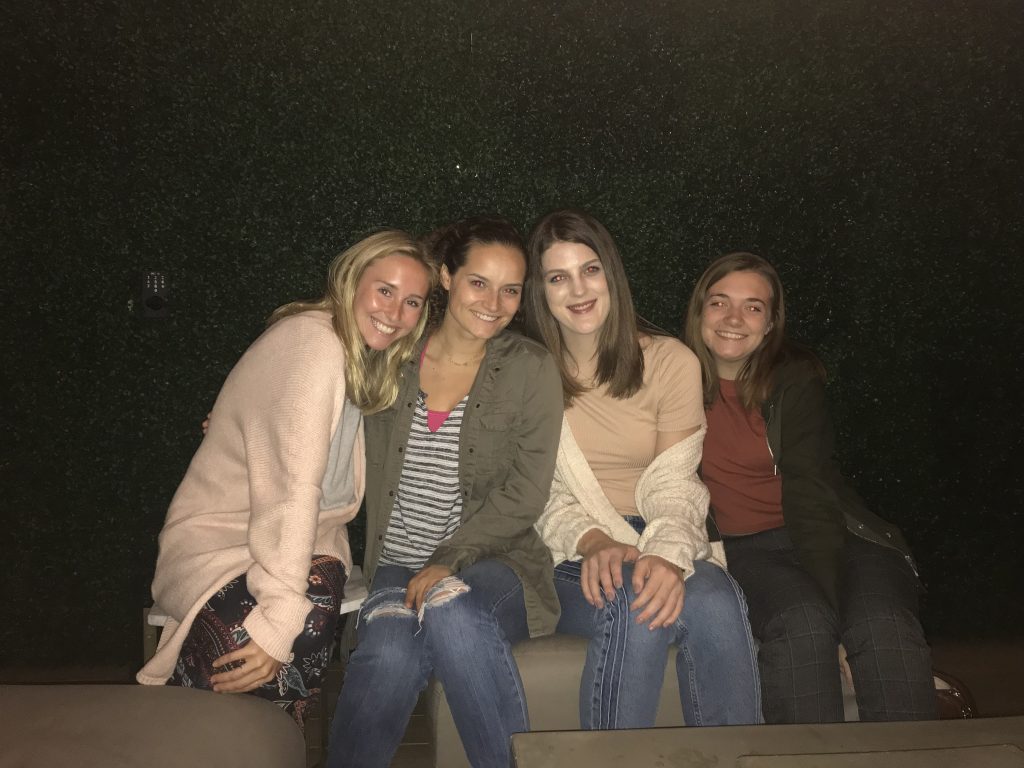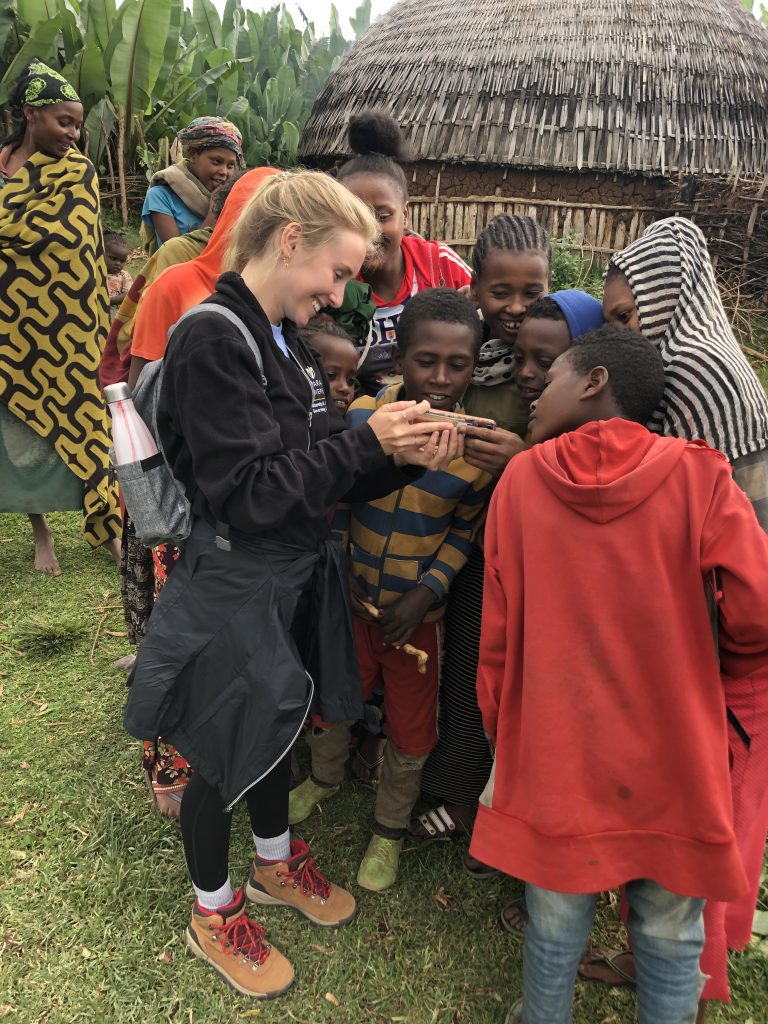I went into this summer expecting to gain practical experience, learn about nonprofit work, and contribute something to the organization I am working with. So far this has all proven true, but what has taken me by surprise is that the most powerful part of my experience has come from stories. I am spending my summer working with ICDI (Interfaith Community for Detained Immigrants), an organization that responds to the many needs of immigrants in Chicago. Participants in ICDI programs, detained immigrants, asylum seekers, volunteers, and staff all have a story of how they ended up where they are and what they are doing to try to improve the situation. In the four weeks that I have been working with ICDI I have been lucky enough to have listened to many of these stories. Part of what I do is spend Thursday mornings in a detention center speaking with detained immigrants who have found themselves in an unfortunate situation due to a vast range of circumstances. Hearing their stories, each one so different from the next, is not something easily accessed outside of this niche environment. Stories of walking through the jungle in South America, fleeing political oppression in Bangladesh, and separation from family members at the U.S. border. Some tell these stories as if they are simply a part of life, assumedly something that everyone has gone through and had to deal with. Others tell them while withholding tears at the remembrance of their journey or fear at the thought of returning to the places they have fled. Though all are different, all are impactful.
The most compelling story I can tell from my summer so far is from the day I spent in an immigrant detention center on the fourth of July. That day, outside was a celebration of freedom and the right to life, liberty, and the pursuit of happiness for the ancestors of immigrants. Inside were thick white cinderblock walls, covered windows, armed guards, orange jumpsuits, and a solemn attitude brought on by the knowledge that what was being celebrated that day was something tragically unavailable to those wearing orange. Inside was a heavy tension induced by the all too evident awareness of this celebration in juxtaposition with the circumstances that weighed heavy on the hearts of the people detained. The story that day was one of a struggle for freedom. A struggle defined by arbitrary rules, obstacles, threatening circumstances, waiting, hoping, praying for an end to the circumstances that were keeping these immigrants from experiencing what most people outside of those walls and inside of our borders were celebrating. So far this summer, nothing has been as eye-opening and thought provoking for me as listening to the stories of detained immigrants, most innocent people simply seeking what I have always taken for granted especially on a day meant for celebrating freedom and liberty.
One of the most remarkable things about exchanging stories this summer has been the lack of disconnect between myself and those whose stories could not be more different from my own. There are of course intimidating factors that go along with entering a jail but these all quickly vanished as a I began speaking with people so different and yet so relatable. One would think that a social barrier would stand between a college intern and an asylum seeker or detained individual coming from a different part of the world and sharing a much different story, but conversation comes as naturally as talking to a peer at Valpo. Stories are shared and we all learn a little bit more about each other and the world we live in. Almost all of the people I have met are more than willing to share their story and many are eager to hear mine, which took me by surprise at first. While I have certainly found value in the work I have had the opportunity to contribute to my placement this summer, easily one of the most valuable parts of my experience has been hearing the stories from the people I am fortunate enough to interact with on a daily basis.
